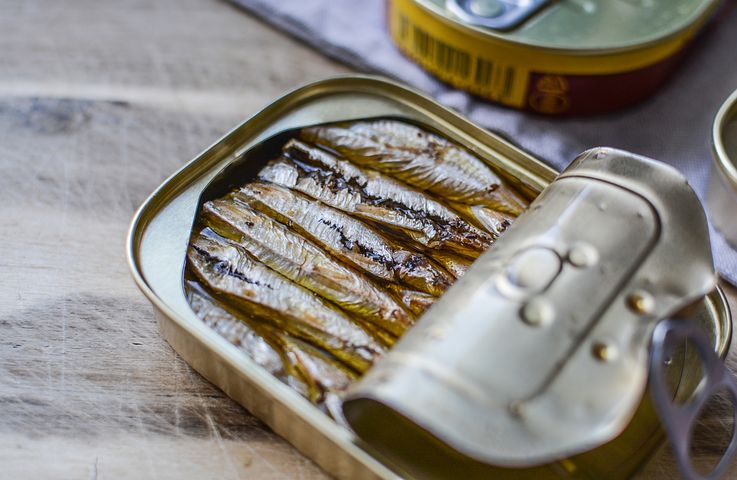 Relatively high intakes of omega-3 polyunsaturated fatty acids (PUFA) can reduce the risk of non-melanoma skin cancers (NMSC) in adult solid organ transplant recipients.
Relatively high intakes of omega-3 polyunsaturated fatty acids (PUFA) can reduce the risk of non-melanoma skin cancers (NMSC) in adult solid organ transplant recipients.
A Queensland-led observational study followed 449 kidney or liver transplant recipients recruited between 2012 and 2014 and followed until mid-2016. Patients were mostly male (64%) with a median age of 55 years.
Their dietary PUFA intake was estimated from food frequency questionnaires and ranked as low, medium or high. About 20% of participants were taking omega-3 fatty acid supplements.
During follow-up, 149 (33%) patients developed at least one SCC and 134 (30%) developed a BCC.
The study found transplant recipients with high total long-chain omega-3 PUFAs – eicosapentaenoic acid (EPA) and docosahexaenoic acid (DHA) – had a substantially reduced SCC tumour risk compared to recipients with low intakes (RRadj 0.33, 95% CI 0.18-0.60).
And transplant recipients with high α-linolenic acid intakes experienced significantly fewer BCCs than those with low intake (RRadj 0.40, 95% CI 0.22-0.74).
No other significant associations were observed.
“The apparent protective role afforded by long-chain omega-3 PUFAs on SCC incidence is likely related to their anti-inflammatory properties, especially those of EPA and DHA,” the study said.
“The protective effect of α-linolenic acid intake on BCC is unlikely to be due to conversion to EPA or DHA which occurs only to a very limited extent, but rather may result from independent actions such as lowering inflammation markers and protecting against photodamage.”
The study found that median long-chain omega-3 PUFA intakes among the transplant recipients were far lower than Australian recommendations.
Their findings therefore suggest that dietary modifications might be effective in reducing the risk of skin cancer in this high-risk patient group although more research was warranted.
“In the meantime, encouraging transplant recipients to consume oily fish, a rich source of long-chain omega-3 PUFAs (EPA and DHA), in addition to appropriate skin protection and the lowest possible immunosuppression may further enhance skin cancer prevention.”
First author Dr Kyoko Miura, an epidemiologist and nutritionist in population health at the QIMR Berghofer Medical Research Institute, told the limbic their findings were consistent with an earlier RCT suggesting omega-3 PUFA supplementation can potentially reduce skin cancer risk in lung transplant recipients.
She said increased consumption of oily fish was a good starting point before fish oil supplementation given the current study showed omega-3 PUFA intake from the diet was quite low.
“The majority of even the high intake group were not meeting the recommended daily intake of about 500 mg of long-chain omega-3 fatty acids,” she said.
Dr Miura said the protective effect of α-linolenic acid, found in plant foods such as walnuts, was an unexpected finding.
“It was a bit unexpected. It’s also good for heart health in general.”